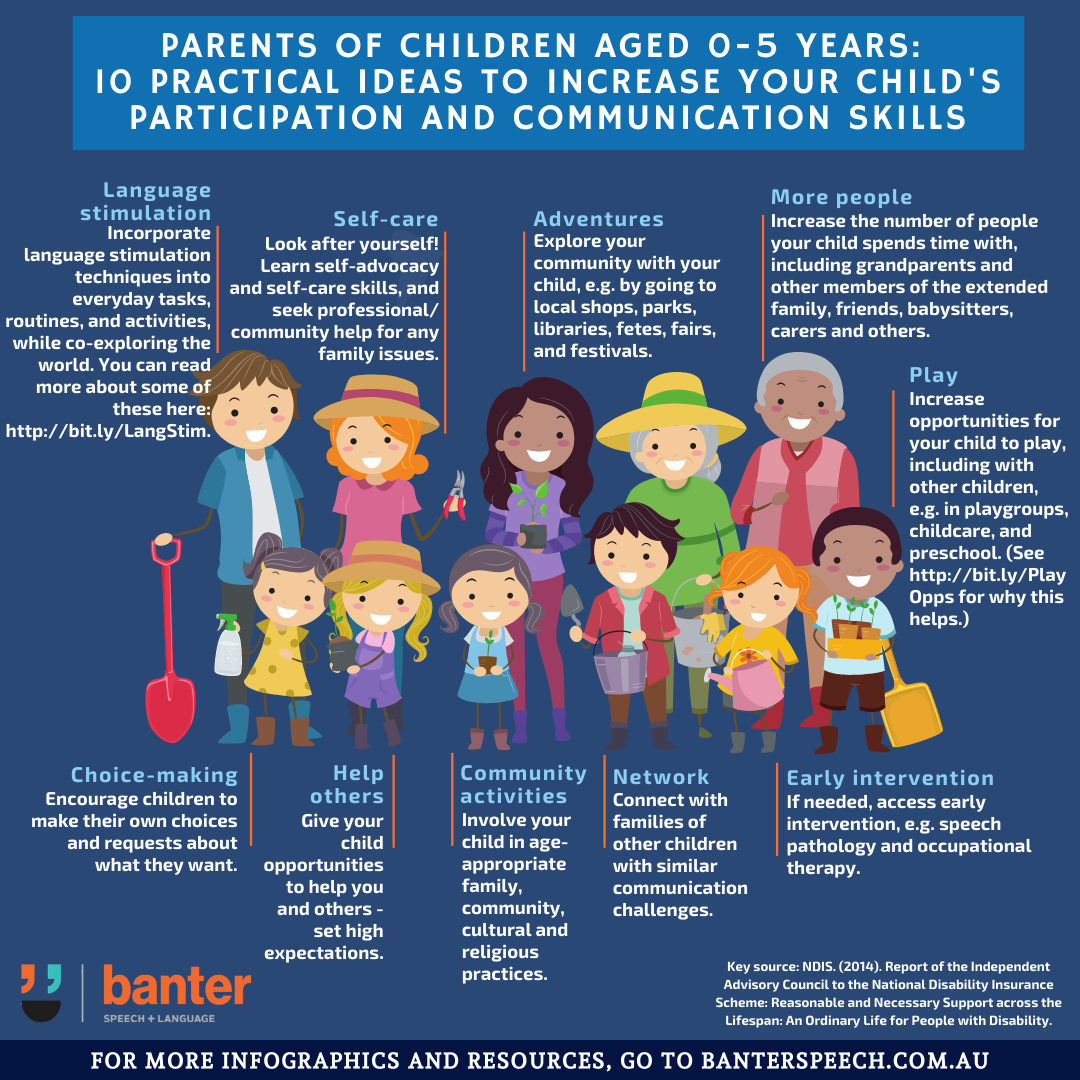Speech is important for everyone. Children need to talk to learn. They use words to share feelings and ideas. Some kids learn to talk faster than others. That’s okay. Every child is different.

Credit: www.youtube.com

Credit: www.banterspeech.com.au
Why is Speech Important?
Speech helps kids talk to others. It helps them play and make friends. It lets them tell stories and ask questions. Without speech, it is hard to learn. It is also hard to share feelings.
Signs of Speech Delay
Some kids talk later. This is called a speech delay. Signs of speech delay are:
- Not saying simple words by 12 months.
- Not using two-word sentences by 2 years.
- Hard to understand by others at 3 years.
How to Help Your Child Speak More
Parents can help children speak better. Here are some tips:
Talk To Your Child Often
Talk to your child every day. Use simple words. Describe what you see. Talk about what you are doing. This helps your child learn new words.
Read Books Together
Reading is fun and helpful. Choose books with pictures. Point to the pictures and say the words. Ask your child to repeat words. This helps build vocabulary.
Sing Songs
Singing is great for speech. Sing songs with simple words. Songs with actions are fun. Your child will enjoy and learn at the same time.
Play Games
Games can help speech. Play games that use words. Try matching games with picture cards. Your child will learn words and have fun.
Use Simple Sentences
Keep sentences short and clear. Say, “Look, a cat!” instead of “Do you see the cat over there?” Simple words are easier to learn.
Encourage Speaking
Ask your child questions. Give them time to answer. Praise them when they speak. This makes them feel good. It encourages them to talk more.
Limit Screen Time
Screen time should be limited. Too much screen time is not good. Real conversations are better for learning speech.
Visit A Speech Therapist
If you are worried, see a speech therapist. They can help. They know many ways to improve speech.
Fun Activities to Encourage Speech
Here are some fun activities to try:
Pretend Play
Pretend play is great for speech. Use toys to act out stories. Play kitchen, store, or doctor. This helps children use words.
Storytime With Puppets
Use puppets to tell stories. Let your child use the puppet. This helps them use their imagination and words.
Describe The Day
At the end of the day, talk about it. Ask your child to tell you what they did. This helps them remember and use words.
Sing Rhymes
Rhymes are fun and easy. Sing nursery rhymes together. Rhymes help children learn the rhythm of speech.
Art And Craft
Do art and craft together. Talk about colors and shapes. Ask your child what they are making. This encourages them to describe.
Foods that May Help Speech
Healthy foods can help. A good diet supports brain growth. Here are some foods:
| Food | Benefit |
|---|---|
| Fish | Good for brain health |
| Eggs | Rich in protein |
| Fruits | Full of vitamins |
| Vegetables | High in nutrients |
| Nuts | Good for brain development |
When to Seek Help?
If your child shows signs of delay, talk to a doctor. Early help is important. Here are signs to watch:
- Not babbling by 9 months.
- No words by 16 months.
- Not understanding simple requests by 2 years.
- No sentences by 3 years.
Final Thoughts
Speech is a big part of life. Helping your child speak is important. Be patient and supportive. Every child learns at their own pace. With your help, they can improve. Enjoy the journey together!
Frequently Asked Questions
How Can I Help My Child’s Speech Development?
Engage in regular conversation. Read books together. Encourage storytelling. These activities enhance vocabulary and speech skills.
What Activities Improve Speech In Children?
Play word games. Sing songs. Use flashcards. These fun activities boost language development and pronunciation.
Are Speech Delays Common In Toddlers?
Yes, they are. Many children catch up over time. Consult a speech therapist if concerned.
Does Reading Aloud Benefit Speech Skills?
Absolutely. Reading aloud introduces new words. It strengthens comprehension and verbal expression.
